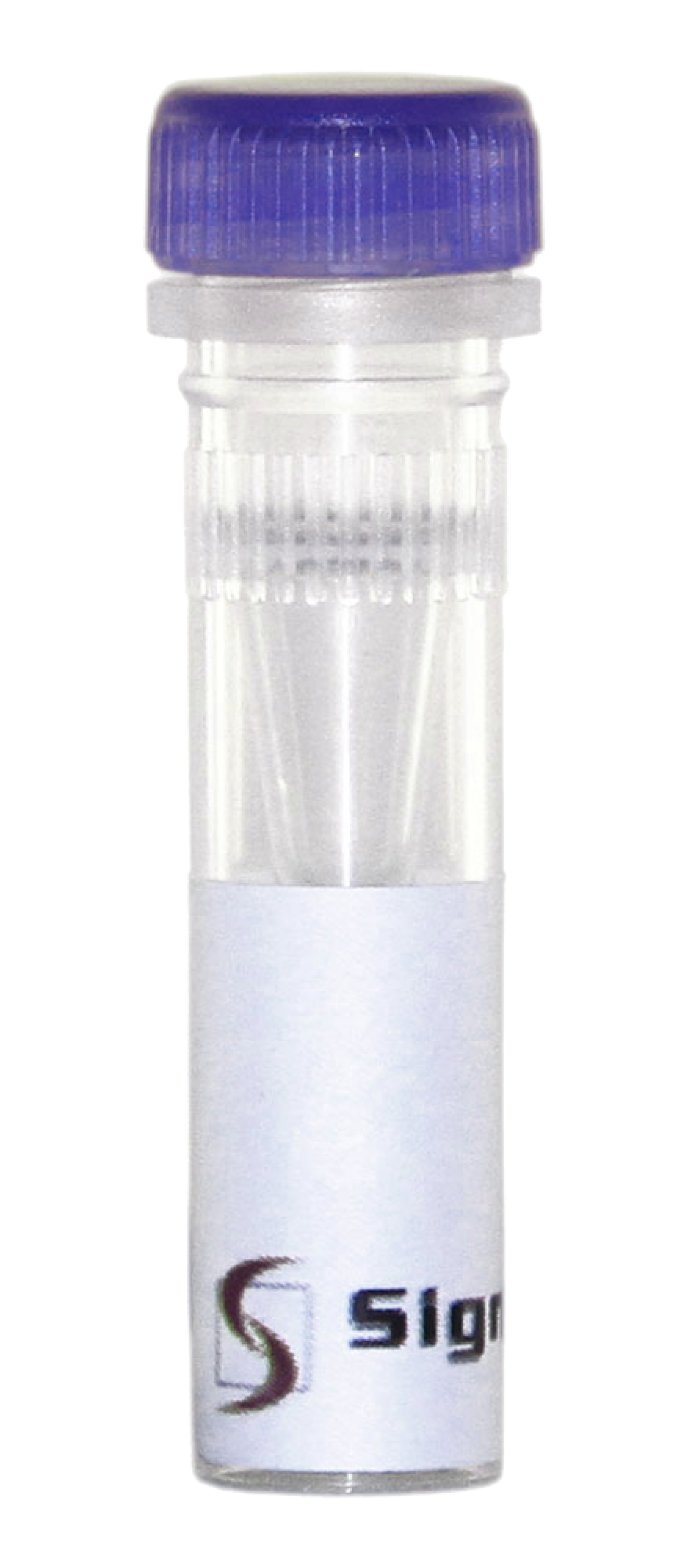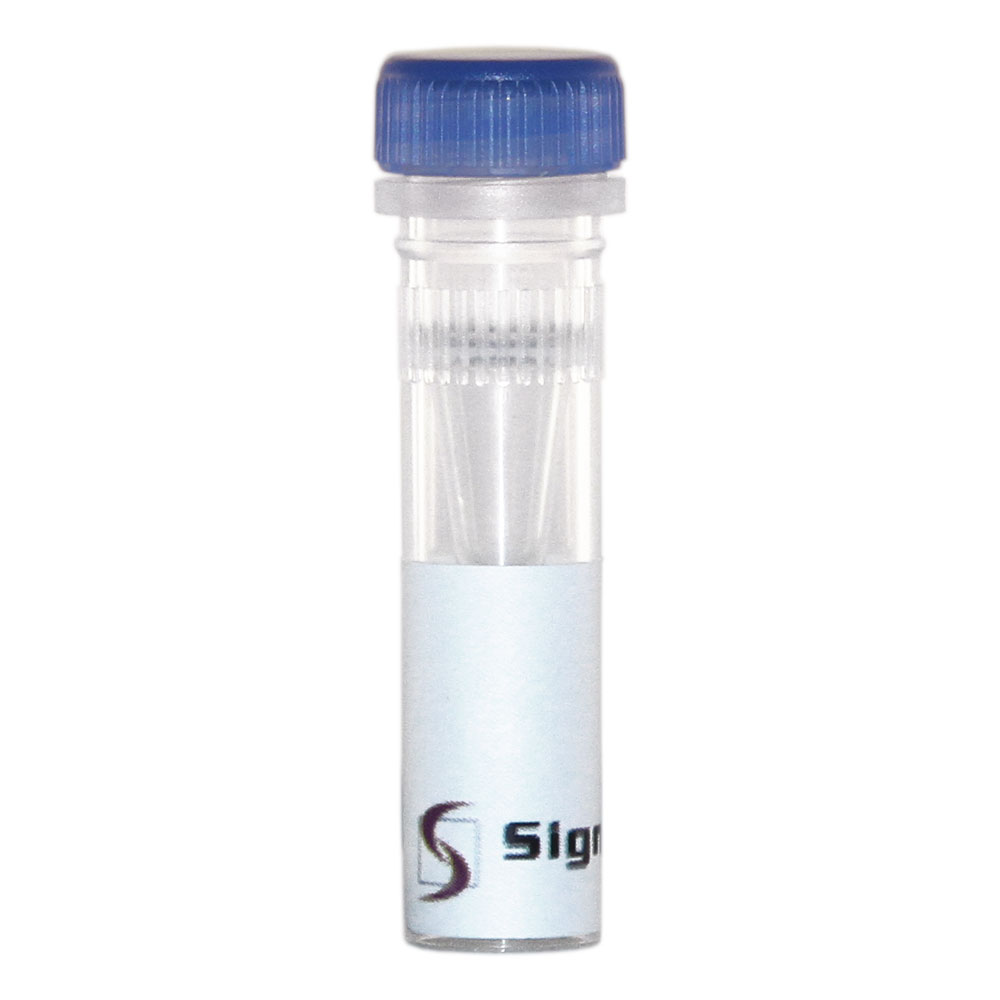
Diagnostic Kits
Diagnostic Kits
- Cannabis Gender ID Kit
- HLVd Cannabis qPCR Kit
- Plant Pathogen Detection Kit
- Animal Pathogen Detection Kit
Back
Reagents
Clinical Chemistry
CRISPR
Immunodiagnostics
Molecular Diagnostics
Next-Generation Sequencing
In Vitro Transcription
General IVD Reagents
Glycerol-Free Enzymes
Back
Services
Support
About
Cart




 ACE2 (18-740) Protein, A52C2-G341F
ACE2 (18-740) Protein, A52C2-G341F